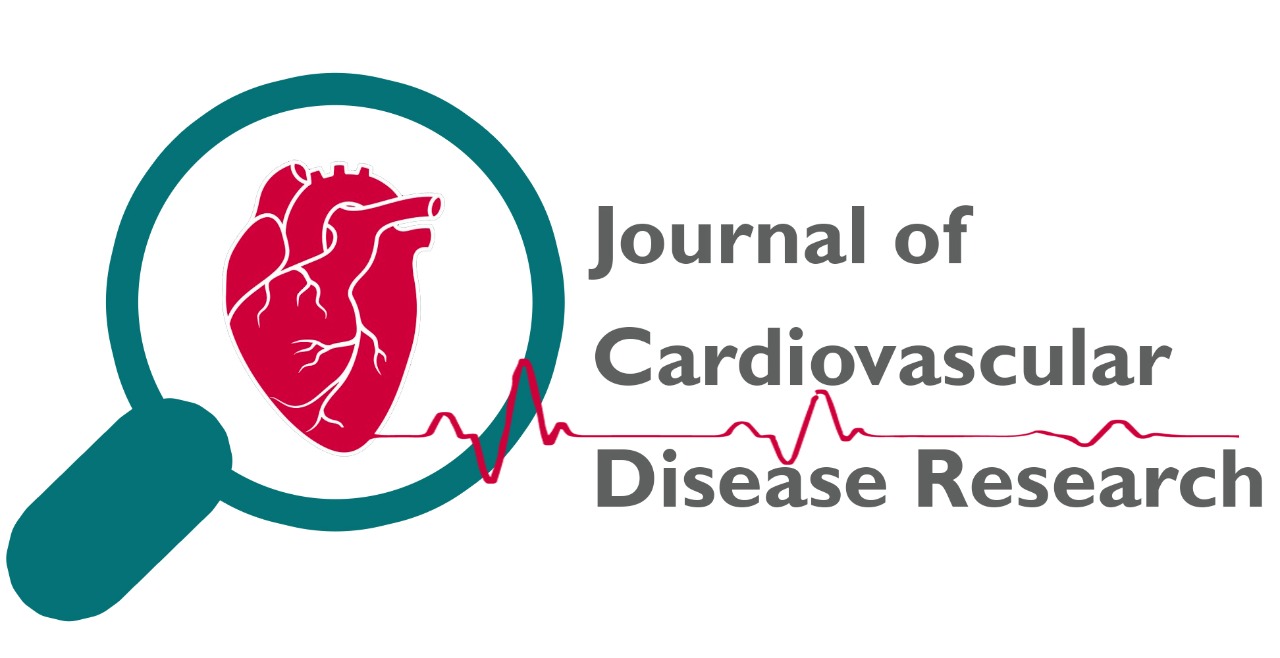
Evaluation of the Efficacy of Lifestyle Interventions in Preventing Recurrent Cardiovascular Events
Neelesh Chandra Pandey, Mohd. Shahi, Abhishek Sachdeva
JCDR. 2023: 1015-1023
Abstract
Cardiovascular diseases (CVDs) remain a leading cause of morbidity and mortality worldwide, emphasizing the imperative need for effective preventive strategies. This study aims to assess the impact of lifestyle interventions in preventing recurrent cardiovascular events among individuals with a history of CVD. Methods: A Prospective interventional study was conducted involving a cohort of 200 participants with a documented history of cardiovascular events. Participants were enrolled from Department of Cardiology, United Institute of Medical Sciences, a tertiary care hospital and randomized equally into two groups: an intervention group (100 study subjects) receiving targeted lifestyle interventions and a control group (100 study subjects) receiving standard care. Lifestyle interventions included personalized dietary counseling, structured exercise programs, stress management sessions, and smoking cessation support. Results: The lifestyle intervention group demonstrated a significant reduction in the incidence of recurrent cardiovascular events compared to the control group. Statistical analysis revealed decrease in the recurrence rate among participants engaging in lifestyle interventions. Key findings included notable improvements in [specific parameters, e.g., blood pressure, lipid profiles, etc., highlighting the positive impact of lifestyle modifications. Compliance with dietary recommendations and regular exercise was associated with better outcomes. Conclusion: This study provides compelling evidence supporting the efficacy of lifestyle interventions in preventing recurrent cardiovascular events. Incorporating personalized dietary modifications, regular exercise, stress management, and smoking cessation support into standard care significantly reduces the risk of subsequent cardiovascular incidents. These findings underscore the importance of lifestyle modifications as integral components of secondary prevention strategies for individuals with a history of cardiovascular events.
Description
Volume & Issue
Volume 14 Issue 12
Keywords
|
This is an open access journal which means that all content is freely available without charge to the user or his/her institution. Users are allowed to read, download, copy, distribute, print, search, or link to the full texts of the articles in this journal without asking prior permission from the publisher or the author. This is in accordance with the Budapest Open Access Initiative (BOAI) definition of open access.
The articles in Journal of Cardiovascular Disease Research are open access articles licensed under the terms of the Creative Commons Attribution Non-Commercial License (http://creativecommons.org/licenses/by-nc-sa/3.0/) which permits unrestricted, non-commercial use, distribution and reproduction in any medium, provided the work is properly cited. |
|
|
|
|
|
Copyright � 2022 Journal of Cardiovascular Disease Research All Rights Reserved. Subject to change without notice from or liability to Journal of Cardiovascular Disease Research.
For best results, please use Internet Explorer or Google Chrome POLICIES & JOURNAL LINKS
Author Login
Reviewer Login About Publisher Advertising Policy Author's Rights and Obligations Conflict of Interest Policy Copyright Information Digital Archiving & Preservation Policies Editorial Policies Peer Review Policy Editorial & Peer Review Process License Information Plagiarism Policy Privacy Policy Protection of Research Participants (Statement On Human And Animal Rights) Publication Ethics and Publication Malpractice Statement Corrections, Retractions & Expressions of Concern Self-Archiving Policies Statement of Informed Consent Terms of Use |
Contact InformationJournal of cardiovascular Disease Research,
|




